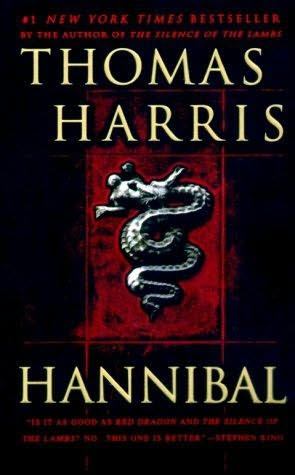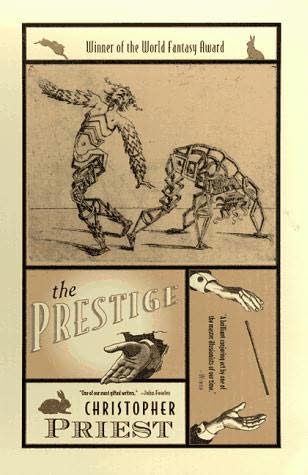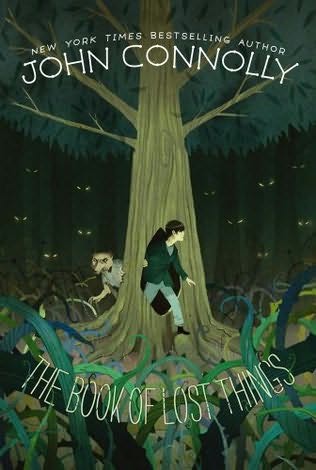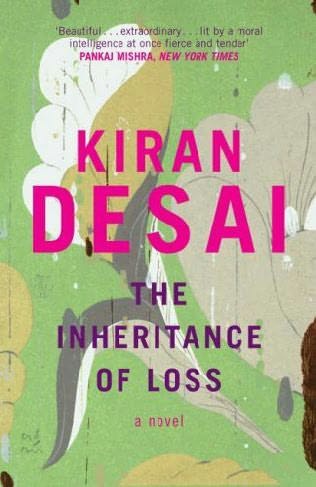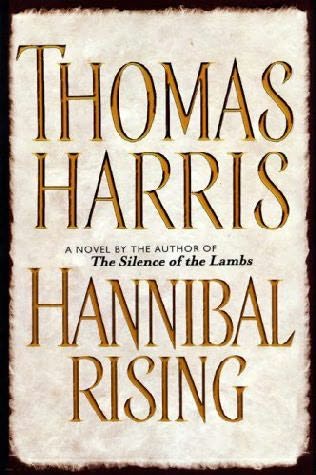
Thomas Harris re-boots his mega-bucks franchise with this Origins Tale of thriller-lit's most celebrated serial killer and gourmand,Hannibal Lecter. After all, a back to basics approach worked wonders for Batman and James Bond recently so why not the good psychiatrist from Baltimore, Maryland with a penchant for cannibalism?
Whether Hannibal Rising works or not largely depends on which camp you belong to: the ones who think Lecter works best taken in small doses, a sneering, malevolent figure circling the outer fringes of the main plot(as in the first 2 installments Red Dragon and The Silence Of The Lambs) or those who delight in his elevation from psycho-killer to death-dealing avenger( a la Hannibal). Rising firmly belongs in the second category, with Lecter continuing to occupy centre-stage, charting his childhood and adolescence in a Blitzkrieged Lithuania and Post-War Paris.
The book's slender 324 pages(in hardback) and it preceding it's screen adaptation by a mere 2 months is a telling fact that Hannibal Rising originated as a screenplay for the movie and was then fleshed out to novel-length by Harris. The results are apparent, as unlike Harris' multi-layered and complex plots for Dragon and Silence, and an intricate and knotty meshing of genres in Hannibal, Rising is a pretty straightforward revenge tale, an European Death Wish with Lecter going Charles Bronson on a group of singularly revolting Hilfswillige,or Hiwis (local Lithuanians who volunteered to help the invading Nazis) in the aftermath of World War 2.
"Nothing happened to me ,Officer Starling.I happened.You can't reduce me to a set of influences ," Lecter intones in Silence, and yet this is precisely what his progenitor sets out to do in Rising, charting the events that shaped the Most Celebrated Serial Killer in crime fiction.
Lecter-philes(and count this writer as one of them) will slurp in glee as Harris gives you the origins behind Hannibal's many quirks:
Hannibal's cultivated and exotic tastes in food(oysters,sweetbreads not to mention the odd human liver,thymus and prefrontal lobe), wine( Chateau Petrus bordeaux and Batard-Montrachet) and music(Bach's Goldberg variations) ?
He's of a lineage with European aristocracy,you see. A direct descendant of Hannibal the Grim, who defeated the Teutonic Order at the Battle of Grunwald, son of a count father with a title dating back to the tenth century, with a mother, a scion of two famous Milanese houses, the Sforza on one side and the Visconti on the other,not to mention an artist uncle with an elegant Japanese wife. There are also references in Hannibal of a cousin being the artist Balthus, a filiation that's abandoned in this book.
Hannibal's prodigious artistic talents that saw him sketch from memory the Palazzo Vechio from a cell in the Baltimore State Hospital for the criminally insane?
A gift from childhood that was nurtured and refined in adolescence, sitting at the back of the class,sketching dissected frogs and watercolour washes of birds with equal dexterity.
Lecter's surgical skills which saw him butcher man and deer identically in Hannibal, removing sirloin,loin and small fillets from both with neatness and economy?
A legacy from being the youngest student admitted to medical school in Paris, nights spent performing cranial dissections in its anatomy lab culminating in an internship at the Baltimore State hospital.
But there are also disappointing gaps in the Lecter psycho-pathology.The Hannibal at the end of Rising is a killer of men who richly deserved their fates, his dead sister's God-less avenging angel but Harris frustratingly refuses to provide the genesis of Hannibal The Cannibal, murderer of 9 victims(presumably inncocent) and crippler of 2 when we first see him in Dragon, killer of a further five upon his escape in Silence.
That and a pedestrian plot that refuses to transcend it's dog-eared origins( something the last installment could never be accused of) makes Hannibal Rising a less than stellar installment in the Lecter tetralogy.
Still, it's a breezy read,boosted by a propulsive pace, vicious baddies whose comeuppance will be savoured with sadistic glee and brought to life via Harris' masterly prose(Notre Dame is described as "a great spider with its flying buttress legs and many eyes of its round windows...scuttling around town in the darkness") although it's one that occasionally turns Purple when describing Hannibal's courtship of his Japanese Stepmother:
Lady Murasaki: I fold cranes for your soul,Hannibal.You are drawn to the dark.
Hannibal: Not drawn,when I couldn't speak I was not drawn into silence,silence captured me.
Lady Murasaki: Out of the silence you came to me and spoke to me.I know you,Hannibal,and it is not easy knowledge.You are drawn towards the darkness, but you are also drawn to me.
Hannibal: On the bridge of dreams.
There may yet be life in this series. After all, the Lecter we meet in Red Dragon is near fifty.The young Hannibal on a train to America at the close of Rising is 20. That's a 30 year gap to be filled.
If Harris is hard at work even now on the next installment, may I suggest the rather apt title of "Cannibal Rising"?. There are still rooms to be filled in the Hannibal Lecter Mind Palace,Mr.Harris.
